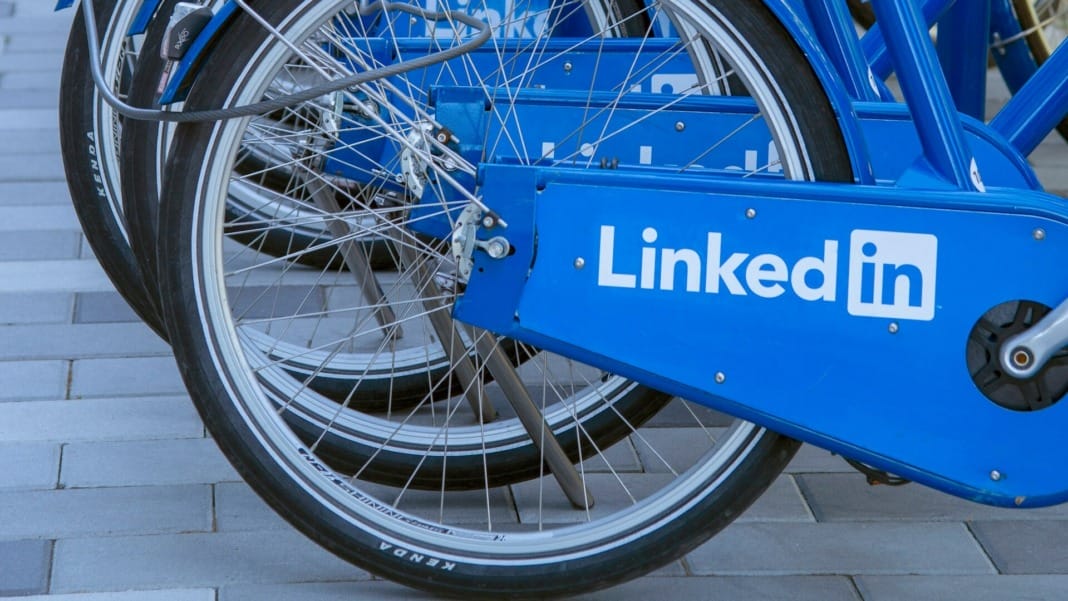In an ambitious move that underscores China’s drive towards technological self-sufficiency, Alibaba Group Holding has teamed up with Huawei Technologies. This partnership aims to fortify Huawei’s HarmonyOS, a homegrown rival to Google’s Android and Apple’s iOS, with a suite of native applications from Alibaba’s expansive ecosystem.
Expanding HarmonyOS’s app ecosystem
Huawei Mobile Service announced on Thursday that eleven Alibaba apps, including the second-hand trading platform Xianyu, the online travel agency Fliggy, courier service Cainiao, and the food delivery service Ele.me, are slated to be developed natively for HarmonyOS. This development marks a significant push by Alibaba to populate HarmonyOS with its applications, especially after the operating system ceased supporting Android apps.
Alibaba’s engagement with HarmonyOS is not new. The e-commerce titan had previously committed to developing native versions of DingTalk, its workplace collaboration app, and Amap, an online mapping service. Furthermore, Alipay, the most prominent digital payment app in mainland China operated by Alibaba’s fintech arm Ant Group, agreed last December to develop a HarmonyOS application.
Huawei’s HarmonyOS journey
Since its announcement in August 2019, HarmonyOS has been at the centre of Huawei’s strategic pivot, especially following the US government’s decision to place Huawei on its Entity List. This move restricted American companies from dealing with Huawei without explicit authorisation. Initially critiqued for its similarities to Android, HarmonyOS has evolved with its latest iteration, HarmonyOS Next, highlighting a divergence from its predecessors. Huawei anticipates the commercial release of HarmonyOS Next in the fourth quarter, signalling confidence in its operating system’s distinct path forward.
Huawei’s effort to wean off Android was further corroborated by a TechInsights report, which revealed Huawei’s complete transition to HarmonyOS in its new smartphones. The success of its flagship Mate 60 series has been instrumental in this shift, with Huawei’s market share soaring to 16.5% in the first six weeks of the year, as reported by Counterpoint Research.
The broader tech ecosystem’s embrace of HarmonyOS
Alibaba’s commitment does not solely propel the momentum behind HarmonyOS. A broader swath of Chinese tech firms, including Alibaba’s e-commerce rival JD.com, have pledged their support for HarmonyOS Next. This aligns with Beijing’s wider ambitions for tech autonomy, with over 200 partners already engaging in HarmonyOS app development as of January. Huawei’s goal to onboard 5,000 partners by year-end speaks volumes about the operating system’s potential to reshape China’s tech landscape, possibly overtaking iOS to become the country’s second-largest operating system due to the robust sales of its handsets.
As HarmonyOS continues to carve out its niche in the competitive operating system market, the collaborative efforts of Chinese tech giants like Alibaba and Huawei highlight a concerted move towards reducing reliance on foreign technologies, fostering a more self-reliant tech ecosystem in China.





